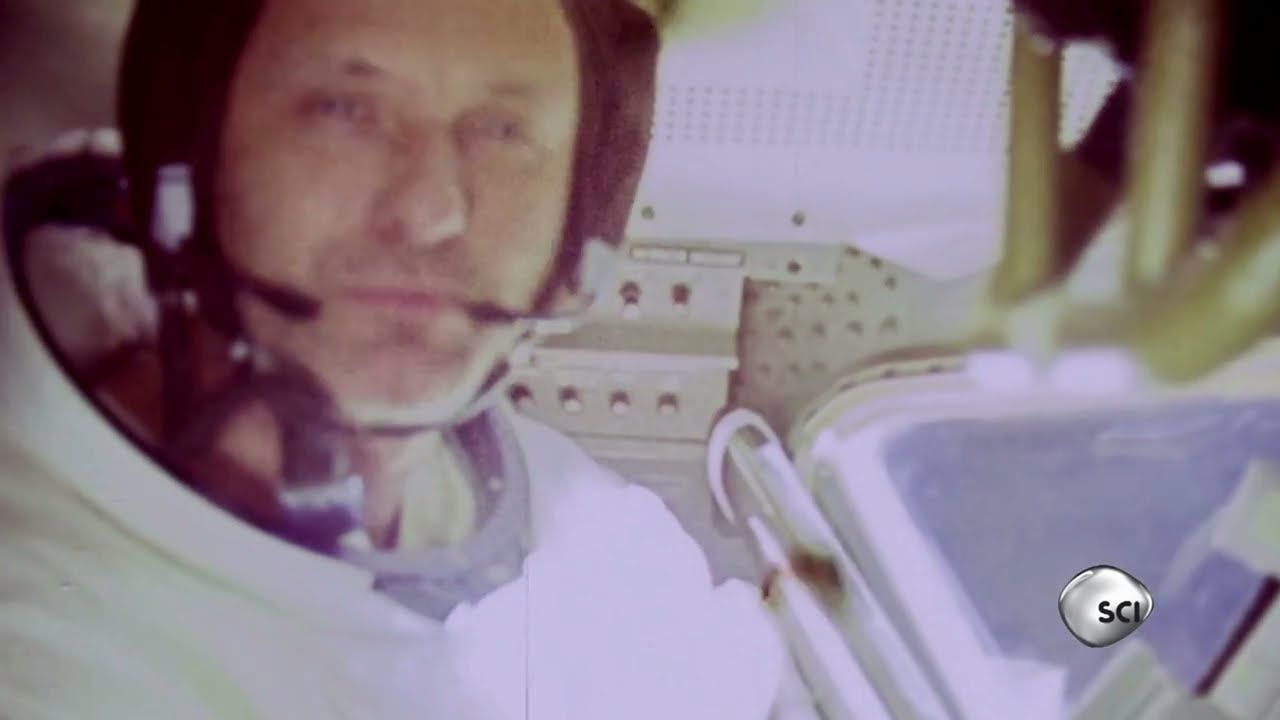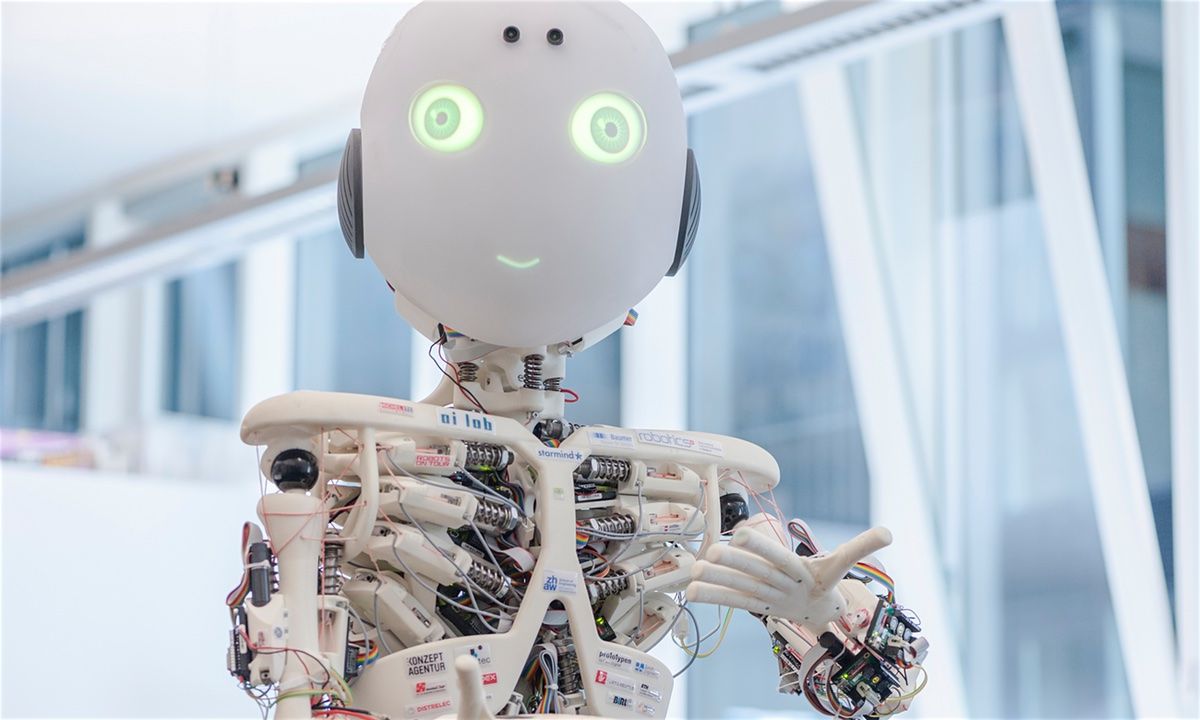Scientists have been running tests where artificial intelligences cultivate appropriate social behaviour by responding to simple narratives.
Page 11398
Feb 20, 2016
Wireless Power Transmission Market (2015−2020) — Valued at $0.72 Billion in 2014 & Is Expected to Grow at a CAGR of 51.5%
Posted by Karen Hurst in categories: electronics, energy

DUBLIN, Jan. 27, 2016 /PR Newswire UK/ — Wireless Power Transmission Market (2015−2020) — Valued at $0.72 Billion in 2014 & Is Expected to Grow at a CAGR of 51.5%.
Feb 20, 2016
How genetics regulate ageing
Posted by Aleksandar Vukovic in categories: biotech/medical, genetics, life extension
“Finding that GDF11 levels are under genetic control is of significant interest. Since it is under genetic control, we can find the genes responsible for GDF11 levels and its changes with age,” said the study’s senior author Rob Pazdro, assistant professor at University of Georgia in the US.
Scientists have shown that a hormone instrumental in the ageing process is under genetic control, introducing a new mechanism by which genetics regulate ageing and disease.
Feb 20, 2016
India to Change Its Decades-Old Reliance on Female Sterilization
Posted by Aleksandar Vukovic in category: health
For decades, India has relied on female sterilization as its primary mode of contraception, funding about four million tubal ligations every year, more than any other country. This year, the government of Prime Minister Narendra Modi will take a major step toward modernizing that system, introducing injectable contraceptives free of charge in government facilities. The World Health Organization recommends their use without restriction for women of childbearing age.
New birth control options have long been advocated by international organizations, among them the United States Agency for International Development and the Bill & Melinda Gates Foundation. They say Indian women — often worn out, anemic and at higher risk of death because they bear children young and often — urgently need methods to delay or space pregnancies.
Feb 20, 2016
Lost Tapes Reveal Apollo Astronauts Heard Unexplained ‘Music’ On Far Side Of The Moon
Posted by Sean Brazell in categories: media & arts, space

Crazy stuff!
“If you’re behind the moon and hear some weird noise on your radio, and you know you’re blocked from the Earth, then what could you possibly think?”
Feb 20, 2016
Two-stage power management system boosts energy-harvesting Efficiency
Posted by Karen Hurst in category: energy
Interesting read on 2 stage power management systems; especially the research done at GA Tech.
Feb 20, 2016
A Scientist Fulfills a Promise To His Dead Wife In Short Film Goldilocks
Posted by Sean Brazell in categories: entertainment, space
In this intriguing short film, Goldilocks, Earth has been devastated by solar storms, prompting a search for another home planet for humanity. In orbit, a scientist named Kharon is working hard to adapt plants to a new world, fulfilling a promise to his long-dead wife.
There’s some hints of 2001: A Space Odyssey here, and this is an interesting short film with some striking visuals. There’s some stretches of the imagination here, starting with the very notion of a space station being a bit more secure for research in orbit than on Earth (you know, with a magnetic field to protect you), but we’ll let it slide.
Feb 20, 2016
What the world will be like in 30 years, according to the US government’s top scientists
Posted by Karen Hurst in category: futurism

DARPA’s top scientists should be advising the UN if they’re not already. Their predictions are realistic and are in tune with tech. BTW — this article was originally posted in mid-Dec 2015; however, it has been reposted due to editor corrections.
This sounds exciting.
Feb 20, 2016
United Nations CITO: Artificial intelligence will be humanity’s final innovation
Posted by Karen Hurst in categories: computing, internet, quantum physics, robotics/AI, security
I hate to break the news to the UN’s CITO — has she ever heard of “Quantum Technology?” After AI flood into the scene; the next innovation that I and others are working on is Quantum Computing which will make AI, Internet, Cyber Security, devices, platforms, medical technology more advance with incredible performance.
The United Nations Chief Information Technology Officer spoke with TechRepublic about the future of cybersecurity, social media, and how to fix the internet and build global technology for social good.
Artificial intelligence, said United Nations chief information technology officer Atefeh Riazi, might be the last innovation humans create.
Feb 20, 2016
They Took Our Jobs: The Amazing (And Potentially Terrifying) Advance of Robots
Posted by Karen Hurst in categories: biotech/medical, drones, employment, robotics/AI
Personally, I am not a Breitbart fan; however, I am publishing this article to highlight something that I noticed. In this article it highlighted the 3 Rules of Robotics which are old and need to be updated. One of the rules is “A robot may not injure a human being or, through inaction, allow a human being to come to harm.” is not true. Why? Because as long as criminals who have enough money and can pay others well to re-engineer/ re-program robotics; robotics can become dangerous to humans. The drones today are good examples of how stalkers are using them, drug cartels, etc.
Robotics, once the almost exclusive purview of science fiction, is now approaching a point at which it will be capable of dramatic influence over humanity. These advancements are as much a lesson in caution as in the wonder of the human imagination.















